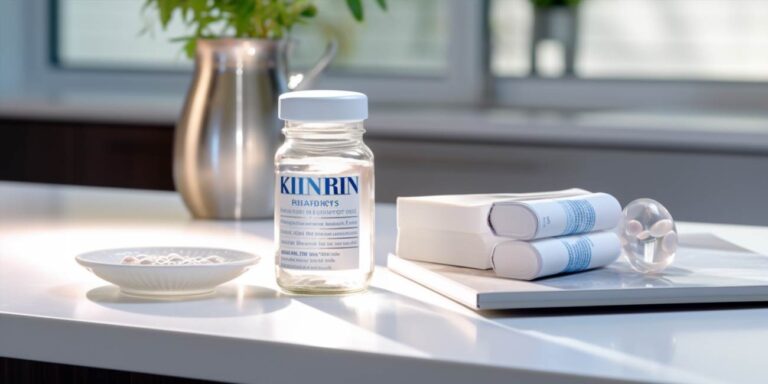If you or a loved one are living with kidney disease, you know that managing your health requires extra care and attention to detail. Kidney disease can affect various aspects of your body, including how you process medications and substances. When it comes to managing constipation, finding laxatives that are safe for kidney disease is essential. In this article, we will explore the options available and provide guidance on choosing the right laxatives to alleviate constipation without compromising your kidney health.
Understanding kidney disease and constipation
Kidneys play a vital role in maintaining overall health. They filter waste and excess fluids from the blood, which are then excreted as urine. When kidney function declines, waste and fluids can build up in the body, leading to a range of health issues, including constipation. Moreover, some medications commonly prescribed for kidney disease management can contribute to constipation as a side effect.
Constipation, characterized by infrequent bowel movements and difficulty passing stools, can be uncomfortable and even painful. Therefore, it’s crucial to find safe and effective laxatives to address this issue while considering the unique challenges posed by kidney disease.
Laxatives for kidney disease patients
Not all laxatives are created equal, and some may be safer and more suitable for individuals with kidney disease. Here are some options to consider:
1. bulk-forming laxatives
Bulk-forming laxatives, such as psyllium husk and methylcellulose, are generally considered safe for kidney disease patients. These laxatives work by adding moisture and bulk to stool, making it easier to pass. They are gentle on the digestive system and unlikely to cause harm to the kidneys.
2. stool softeners
Stool softeners, like docusate sodium, can be a good choice for kidney disease patients experiencing constipation. They work by adding moisture to the stool, making it softer and easier to pass. However, it’s essential to consult with your healthcare provider before using stool softeners, as they may interact with certain medications used in kidney disease management.
3. lubricants
Lubricant laxatives, such as mineral oil, work by coating the stool, allowing it to move more smoothly through the intestines. These laxatives can be effective but should be used with caution in kidney disease patients. Always consult with your healthcare provider before using lubricant laxatives, as they can interfere with nutrient absorption.
4. avoid stimulant laxatives
Stimulant laxatives, like senna and bisacodyl, should generally be avoided by individuals with kidney disease. These laxatives can be harsh on the digestive system and may lead to electrolyte imbalances, which can be particularly dangerous for those with compromised kidney function.
Consult your healthcare provider
Before starting any laxative regimen, it’s essential to consult with your healthcare provider. They can assess your specific condition, medication regimen, and overall health to recommend the safest and most effective laxative for you. Additionally, they can provide guidance on proper dosing and monitoring for any potential side effects.
Frequently asked questions
Q1: can i use over-the-counter laxatives without a doctor’s approval?
A1: It’s always best to consult with your healthcare provider before using any laxatives, even over-the-counter ones, especially if you have kidney disease. They can provide personalized recommendations based on your unique health needs.
Q2: are there dietary changes that can help with constipation in kidney disease patients?
A2: Yes, maintaining a diet rich in fiber, staying well-hydrated, and incorporating foods like prunes and apples can help alleviate constipation. However, dietary changes should also be discussed with your healthcare provider.
Q3: what are the signs of laxative misuse in kidney disease patients?
A3: Signs of laxative misuse can include excessive diarrhea, dehydration, electrolyte imbalances, and worsening kidney function. If you experience any of these symptoms, seek medical attention promptly.
In conclusion, finding safe laxatives for kidney disease patients is crucial for managing constipation while safeguarding kidney health. Always consult with your healthcare provider for personalized advice and guidance tailored to your specific needs. By taking a proactive approach and working closely with your medical team, you can achieve better digestive health and overall well-being.
See also:





